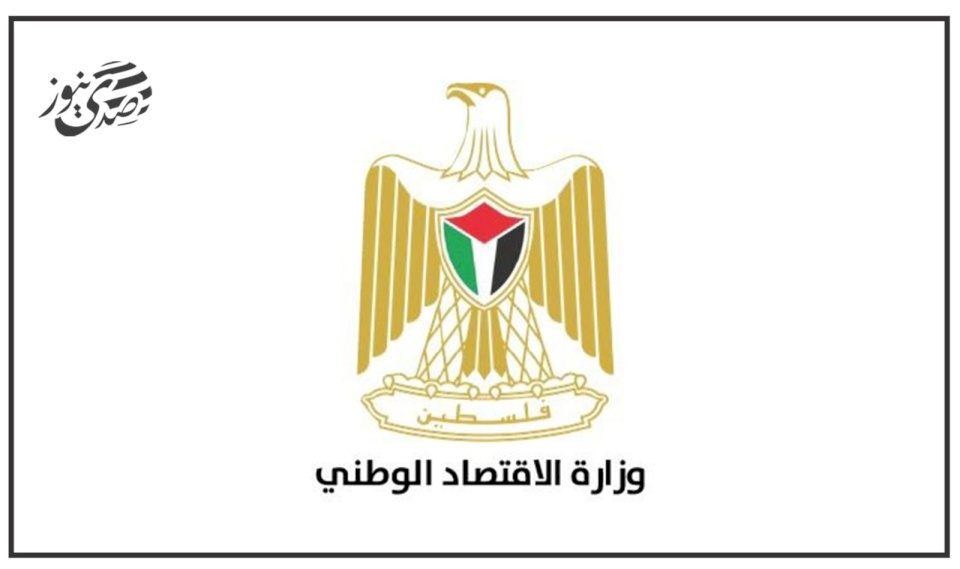
Palestinian Government: 4 Essential Pathways for Developing the National Economy and Business Environment
SadaNews - The Palestinian government, through the national development and reform program, is working on a wide range of administrative, institutional, and legislative development and reform processes to support and develop economic activities in various sectors including commerce and business, under the auspices of the Ministry of National Economy. This has contributed to a qualitative shift in the work environment within the ministry and the level of services provided to citizens and the private sector, as well as the path to achieving the plan for relief and revitalization of the economic sectors that were destroyed by the Israeli occupation in the Gaza Strip as outlined in the government plan.
These reforms and interventions are divided into four main axes: legislation and laws, digital transformation, institutional reform and restructuring, and the reconstruction of economic sectors.
First: The ministry has completed the required interventions for the relief and revitalization of the economic sectors destroyed by the Israeli occupation, which were included in the government plan for the relief, revitalization, and reconstruction of the Gaza Strip, encompassing 56 sub-programs across 18 sectors including housing, social services, infrastructure, economy, and governance, to be implemented in close coordination with ministries, national institutions, and international partners.
Second: Legislative reforms to enhance competitiveness and market regulation
During the year and a half of Dr. Muhammad Mustafa's government, the legal framework governing economic activities has been updated to align with modern standards and the requirements of the Palestinian market. The most significant achievements include:
• Approval of the Competition Law to prevent monopolistic practices, enhance transparency, and create a fair market environment.
• Approval of the E-commerce Law to regulate online transactions and establish an integrated digital economy.
• Approval of the Quota System to regulate import operations and distribute trade quotas fairly and transparently.
• Approval of the Non-Profit Organizations System to support developmental and social institutions.
• Approval of a new Companies Registry Management System that includes electronic registration to facilitate the investment environment and reduce financial and administrative burdens.
• Establishment of a National Anti-Dumping Team initially covering the clothing, footwear, stone, and detergent sectors.
Furthermore, the government, through the Ministry of Economy, is working on amending several laws in the upcoming period, including the Consumer Protection Law, the Trade Law, the Commercial Agencies Law, the Industrial Property Law, and the Insolvency Law, aiming to enhance consumer rights and improve the performance of the private sector.
Expanded partnership with the private sector
In the context of supporting the economy and empowering the business environment, the following has been approved:
* The national strategy for small and medium enterprises (SMEs) to enhance innovation and facilitate access to financing and markets.
* Implementation of the "Green Economy in Palestine" project, where a "Green Solutions Exhibition 2025" will be organized before the end of this month, serving as a comprehensive national platform for green solutions and initiatives in Palestine.
• Establishment of an Economic Advisory Council to expand partnership with the private sector.
• Formation of a Competition Committee with the participation of experts from the public and private sectors and the financial sector.
• Activation of the Palestinian Consumer Protection Council.
• Establishment of a Heritage Center to empower women and youth with funding from India.
Third: Digital transformation and facilitation of transactions
The government, through the Ministry of National Economy, has made significant progress in digital transformation by launching an integrated electronic services system, the most notable of which includes:
• Automation of company registration and modification services via the Business Portal, linking fees to the electronic payment platform "E-SADAD".
• Activation of electronic signatures for commercial transactions.
• Launch of the "Bhimna" platform to receive citizen and private sector complaints and follow up on them.
• Launch of a joint electronic window with Turkey to organize import and export operations without the need to review the two ministries in both countries.
• Launch of the "E-Souq" platform to support the marketing of women's home industrial products.
Fourth: Institutional reform and restructuring
Internally, the Ministry of Economy has implemented a comprehensive organizational restructuring process, which involved merging departments and establishing new units that align with national priorities, with a modern organizational structure that includes:
• A specialized unit for small and medium enterprises and green economy to integrate sustainability concepts into industrial and commercial policies.
• An e-commerce department to monitor the development of the digital market and implement related legislation.

The Problem of Shekel Overcrowding Worsens.. Fuel Station Owners Threatened with Closure o...

The Palestinian Economy at a Crossroads: 4 Files Awaiting Resolution

Currency Exchange Rates Against the Shekel on Sunday (January 11)

Currency Exchange Rates Against the Shekel (January 10)

What are the five companies with the highest rises and falls on the Palestine Stock Exchan...

Currency Exchange Rates Against the Shekel (January 9)

Ministry of Economy: 930 Complaints in 2025, Most of Them Electronic
